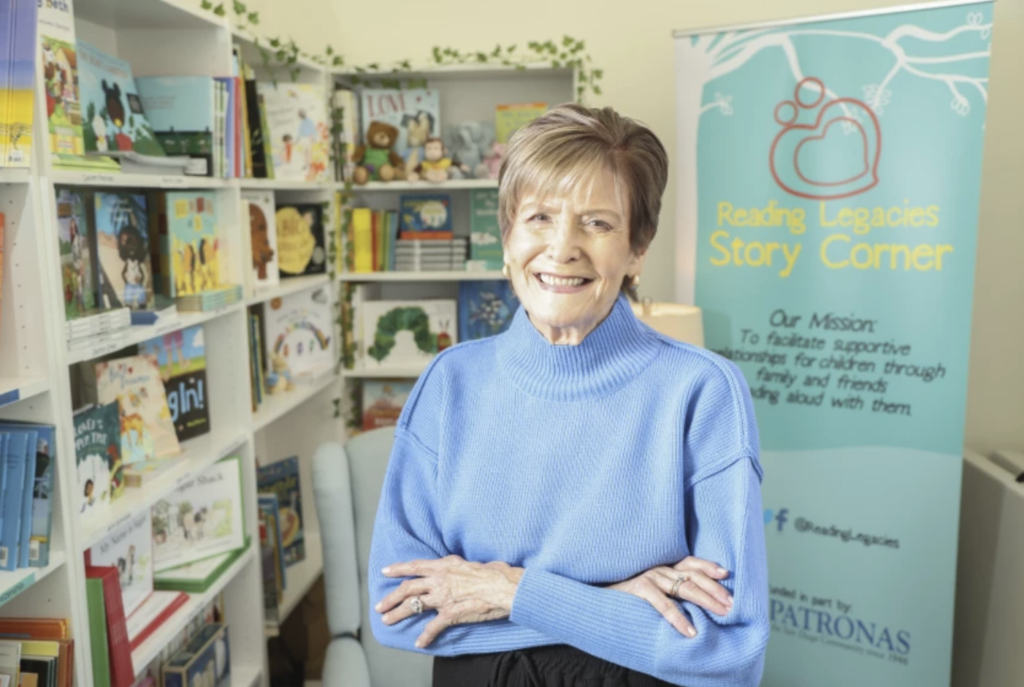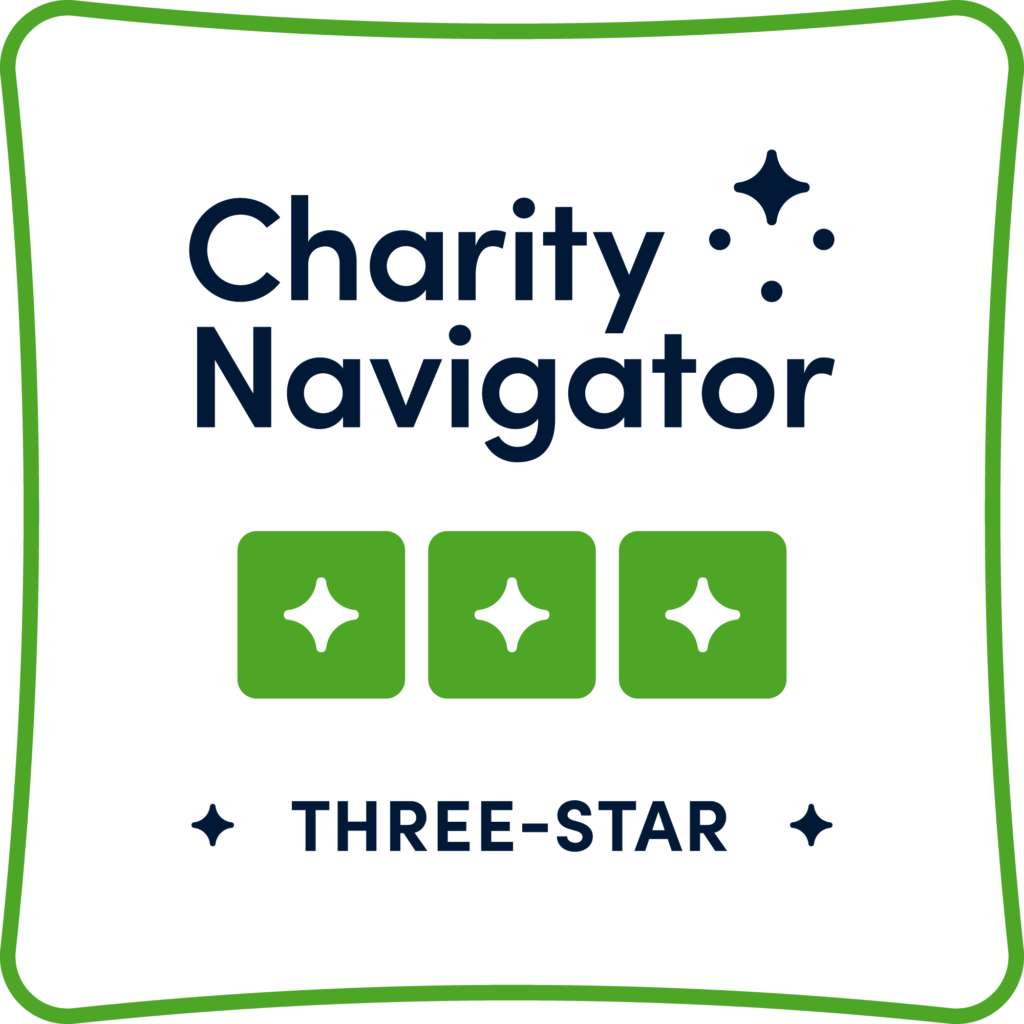Coronado educator wants to leave legacy of confidence and compassion for children through reading
Betty Mohlenbrock is the Founder and President of Reading Legacies, a nonprofit facilitating increased literacy, and supportive relationships between adults and young children, through the practice of regularly reading aloud together.
As a young teacher, military wife, and mother in the 1960s, Betty Mohlenbrock noticed something when her husband came back from a deployment. Their young daughter, who was 2 at the time, didn’t recognize her dad, and it took her a while to warm up to him. That gave her an idea for herself, and other military families like hers: start recording her husband reading books to their little girl. Their daughter would remember her father and maintain some familiarity during those long deployments, and the teacher in Mohlenbrock was instilling an early love for reading in her child.
She and her husband started the Family Literacy Foundation (now known as United Through Reading) in their dining room, first recording video of military members reading to their kids before deployment and before training other military members to keep up the recordings while deployed. Mohlenbrock began adding other programs for grandparents, high school students, and incarcerated parents, all involving reading aloud to young children. Once United Through Reading chose to focus solely on their service to military families, she came out of retirement to bring her subsequent programs under a new organization—Reading Legacies.
Mohlenbrock, 81, is founder and president of Reading Legacies. She lives in Coronado with her husband, Bill. They have one daughter and four grandchildren. Her work has been recognized with the Peter Drucker Award for Nonprofit Innovation and by the Congressional Medal of Honor Society with a Community Service Hero Award. She took some time to talk about her current organization, her own legacy to love and serve children, and her focus on doing what she believes is right, no matter how difficult it may be.
Q: Why was Reading Legacies an organization you wanted to start?
A: My husband and I provided the seed funds for the first five years of the Family Literacy Foundation and worked from our dining room table with a few part-time staff and interns. Realizing the magnitude of my vision and goals, I figured that the best place to start was by focusing on my own real-life experiences as a military wife. I’d been left at home for 10 months with our daughter, who turned 2 years old while my husband was deployed during the conflict in Vietnam. When he returned, our daughter didn’t recognize him and refused to go to him, at first. This experience deeply impacted our lives and gave me significant insights into the challenges of being a military spouse and mother. I decided to create a solution for this challenge for military families, by using the growing appeal that technology had on children. I chose to bring the video image of the deployed parent into the home, reading to their child via video recording, so that children could watch and listen to them on a daily basis to get that much-needed bonding time. It also would help instill the love of reading in a child at an early age.
We started with volunteers, donated books, and cameras during the weekly family suppers at the old USO near the former convention center. Lots of positive feedback from families started pouring in and we were soon invited on board two ships in 1991, to record 40 parents reading to their kids before those ships pulled out. That’s when the light-bulb moment happened: this could be a training program on board these ships, with cameras, books, and trained personnel on board to continue offering the program to all parents and family members who wanted to stay close to their kids through reading together during long deployments.
I was able to meet with leadership in the Navy and the Pentagon, including the chair of the Joint Chiefs of Staff, and my program was embraced and adopted by all branches of the U.S. military. Along the way, I started several other programs, including programs for parents in poverty, empowering and motivating parents who had low literacy skills, to begin reading with their children and using public libraries as a source of quality reading material. We provided similar services to parents in correctional facilities, recording them reading a book that would be sent home to their children along with the video. This would help educate incarcerated parents on the importance of reading with their children, through workshops conducted by myself and other volunteers inside the prisons and jails. I also created a program for high school students to learn leadership skills by reading aloud to children, which was implemented in more than 30 high schools in the county, and another program for grandparents and other elders to read to young children, sharing the older generation’s values and history, and nurturing intergenerational connection.
Q: Can you talk a bit about the research that has informed your programming, particularly around the benefits of reading aloud to children?
A: The research that substantiates the importance of reading with children is extensive and consistent, going back as far as my college education. The study that launched the Family Literacy Foundation in 1989 was from the national Commission on Reading, which found that reading aloud with children was the single best predictor of their eventual success in reading; when children see adult role models reading, they emulate those adults, which motivates them to begin reading themselves; and when homes have books available for children, they become comfortable with them and seek to read them on their own (and having access to public libraries is a big plus). Yet, in spite of these incredibly important and simple findings, the societal trends were the opposite: only half of America’s children were having this wonderfully nurturing experience of adults reading aloud with them on a regular basis; children in families with incomes below the poverty line were less likely to be read to every day, than children in families with incomes at or above the poverty line; and a child from a low-income family enters kindergarten with a listening vocabulary of 3,000 words, versus a child of a middle-income family entering kindergarten with a listening vocabulary of 20,000 words. I knew I had to fix this discrepancy and set out to change this paradigm in our country by educating and empowering the general community.
Q: What kind of reading legacy would you personally like to leave?
A: My goal is to leave a legacy of confidence and compassion in children throughout our country, based on their special time spent with caring adults who have read quality books aloud with them, regularly. They will have a foundation for successful life decisions and educational experiences.
Q: What is the best advice you’ve ever received?
A: Stay focused on what you know is right, no matter the difficulties you experience, and never give up! As my husband often reminds me, “If it was easy, someone else would have done it.”
Q: What is one thing people would be surprised to find out about you?
A: I imagine the most surprising thing about me is to know that I was always very shy as a young woman, never considering that I could accomplish the incredible works that I have done over these many years.
Q: Please describe your ideal San Diego weekend.
A: I live my ideal weekend every weekend of my life, especially in the last five years since returning to Coronado. We moved here from Illinois in 1967, right before Bill deployed on board the USS Yorktown during the conflict in Vietnam. We were here for two years and then to Point Loma, when Bill entered the orthopedic residency program at UC San Diego. Then, it was on to Rancho Santa Fe upon joining a medical group at Scripps La Jolla hospital. After 15 years, we moved to Del Mar for another 25 years, then downsized back to our first California community of Coronado. We walk everywhere, including on the beach, visit the Hotel Del for refreshments, and enjoy the many shops, parks, and close-knit community where we live.
What I love about Coronado…
We love being integrated into the military community with many young people who show great respect for seniors and veterans. We are able to walk everywhere, rarely needing to get in a car after we get home from work. We know most everyone on a first-name basis and enjoy our church family as well as old-time friends. This community has retained a quality of life that is slow enough to truly allow time to smell the flowers, pet a dog, chat with a child or senior, and perceive a general respect for each other as we strive to live together in harmony and productivity.
View live article here: https://www.sandiegouniontribune.com/lifestyle/people/story/2021-10-09/coronado-educator-wants-to-leave-legacy-of-confidence-and-compassion-for-children-through-reading



